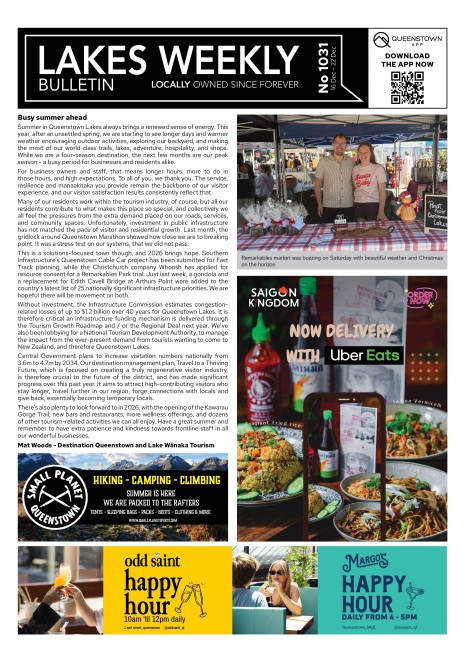Affordable housing plans torpedoed

Queenstown Lakes District Council's plans for force property developers to pay towards affordable housing look to be dead in the water.
A panel of independent commissioners say the council did not provide enough research or analysis to support the changes to the district plan - dubbed 'inclusionary zoning'.
They are recommending the proposal be withdrawn. Queenstown's councillors will discuss the recommendation at this Thursday's meeting.
The scheme would have required most new residential subdivisions and developments to make a contribution of either land or money to QLDC. The contribution would have been used by a registered Community Housing Provider, such as Queenstown Lakes Community Housing Trust, to develop housing to assist low-moderate income earners.
QLDC's Planning & Development general manager Dave Wallace acknowledged the Panel found more research and assessment was required to support the proposed 'variation' to the district plan.
"Staff and expert advisors developed a detailed case for the Variation, on the basis that inclusionary housing rules could help deliver more affordable housing, in the same way developer agreements have been successfully used with specific developments since 2013," Wallace says.
“However, the Independent Hearing Panel considered there was not enough research, analysis, and assessment of several alternatives that could be used to address housing affordability, meaning they could not make a recommendation in favour of the proposed Inclusionary Housing Variation.”
The Independent Hearing Panel, which heard submissions in Queenstown in late February and March, released its report today.
It suggests QLDC looks deeper into funding affordable housing initiatives through rates and development contributions. It should also focus on urban intensification, partnering with central government, and addressing the Airbnb / residential visitor accommodation issue.
Wallace says work is already in progress on most of the alternatives put forward by the panel, identified through QLDC’s Joint Housing Action Plan (JHAP).
He says QLDC had provided evidence on these options in the case for the Inclusionary Housing Variation, but these mechanisms remained a work in progress and their effects upon the district weren’t fully understood yet.
The Panel also confirmed the Variation would have assisted with implementing central government’s National Policy Statement on Urban Development (NPS-UD), and Council’s economic case that any potential negative impact on the local housing market was likely to be short-term only.
These were fundamental questions responded to by council in the face of challenges from some submitters and legal and planning advisors, Wallace says.









